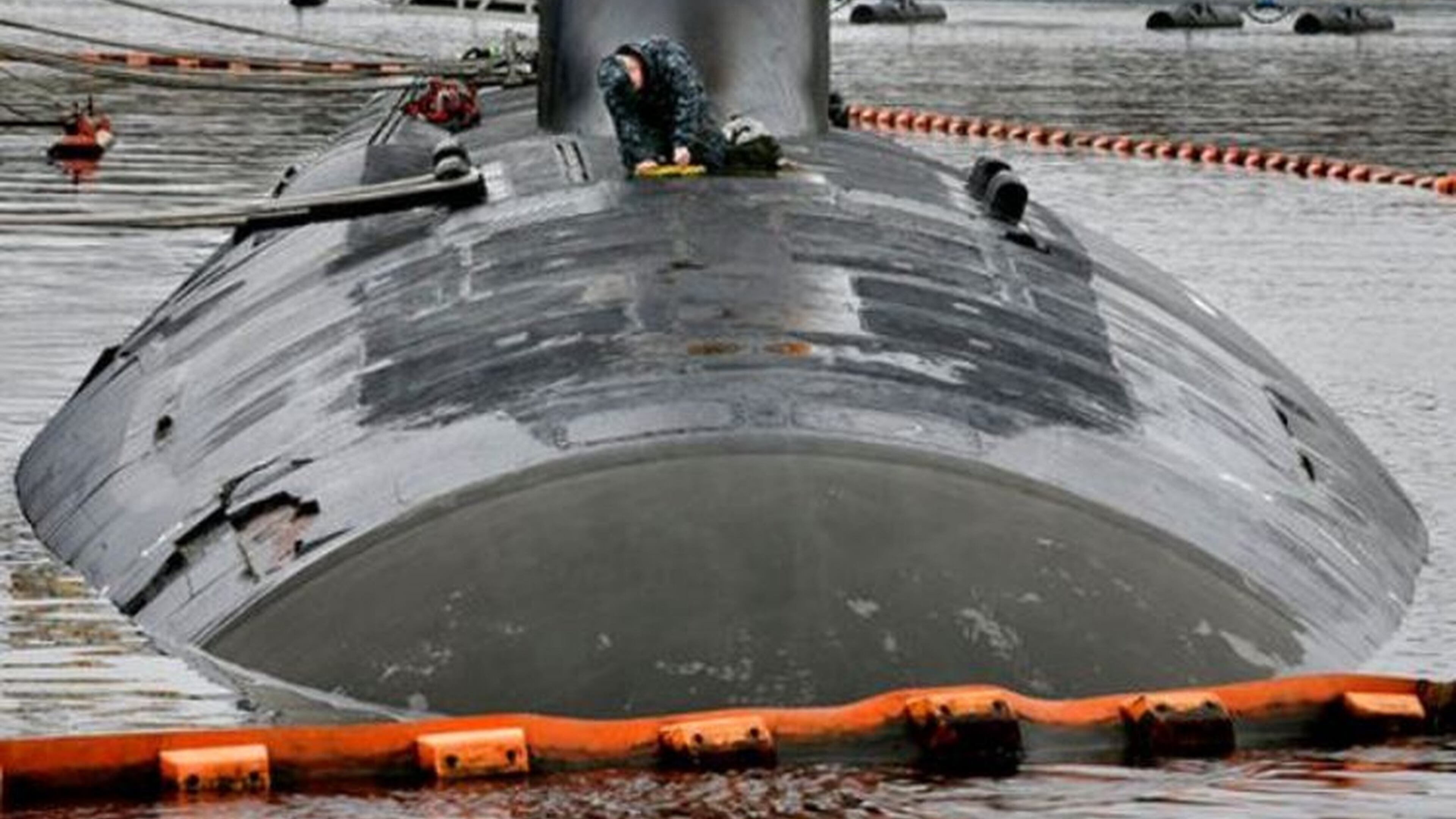PolitiFact: Steel vital to U.S. security? Depends on definition

President Donald Trump's stated reason for imposing tariffs on steel and aluminum imports was national security.
In an undated but recent memo, Defense Secretary James Mattis acknowledged concerns about "unfair trade practices," but emphasized "the U.S. military requirements for steel and aluminum each only represent about 3 percent of U.S. production." In other words, production in the United States is more than 30 times the amount required to satisfy Defense Department needs.
According to the Aerospace Industries Association of America, defense’s share of the high-purity aluminum produced domestically is a bit higher — 10 percent — so the need “is more than adequately met” by existing U.S. sources.
However, the decision to impose tariffs for steel and aluminum imports was based on a different argument by the Commerce Department, which is headed by a longtime free-trade skeptic, Wilbur Ross.
In a pair of January 2018 reports, the Commerce Department concluded that the import situation was "weakening our internal economy," which it noted was language included in the Trade Expansion Act of 1962. That law requires the president to recognize "the impact of foreign competition on the economic welfare of individual domestic industries" and consider whether "excessive imports" weaken the economy and thus "impair the national security."
Wayne Ranick, spokesman for the United Steelworkers labor union, said he has no quarrel with the Defense Department’s 3 percent calculation. However, he argued — as the Commerce Department did — that “to sustain that 3 percent, there must be viable U.S. aluminum and steel mills.”
Ranick said, “Mills that have so few orders that they must operate at less than 80 percent capacity shut down sections, lay off workers and lose money. When too much money is lost, the company goes bankrupt and the mill closes.”
He pointed to Commerce Department findings that there’s only one company left in the United States that produces the Navy armor plate used to build Virginia Class Submarines, and only one smelter produces the high-purity aluminum required for defense aerospace needs.
Critics of the tariffs say they can cause at least as many national security headaches as they solve.
For instance, the tariff issue has irked U.S. allies whose assistance is needed in military and diplomatic situations across the globe. Those allies also tend to be valued customers for the U.S. defense sector, which has a sizable trade surplus with the rest of the world.
There’s also a concern that the tariffs could kick off a global trade war, with unknown but potentially significant impacts on the availability of other products the U.S. military needs, not to mention the economy at large.
In addition, while the tariffs would likely aid domestic producers of aluminum and steel, they would presumably raise prices for companies that turn those raw materials into finished products, and this could hurt national security as well. This is especially acute for companies that sell both to private sector companies and the Pentagon, said Remy Nathan, vice president for international affairs at the Aerospace Industries Association.
The White House did not respond to an inquiry for this article.
Our ruling
Military purchases account for a small fraction of U.S. production for steel and aluminum, and critics say the tariffs could hurt national security in ways the White House or Commerce Department aren’t taking into account.
Bolstering Trump’s point, however, the 1962 law used as justification for the tariffs specifically allows a more expansive definition that adds far-reaching critical infrastructure to specific military activities.
Because this claim needs so much additional context, we rate the statement Half True.
American aluminum and steel “are vital to our national security. … They are the bedrock of our defense industrial base.”
— President Donald Trump on Thursday, March 8, 2018 in remarks before a Cabinet meeting
More Stories
The Latest

